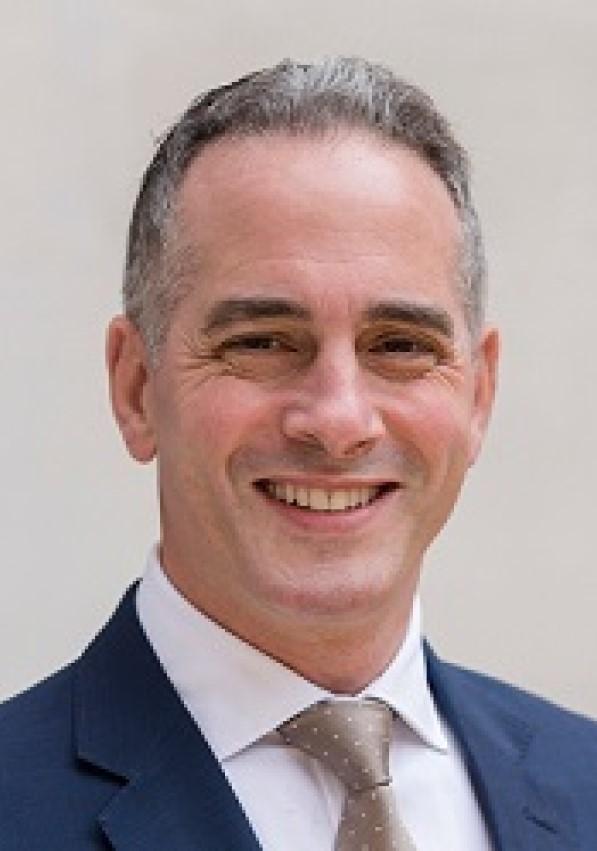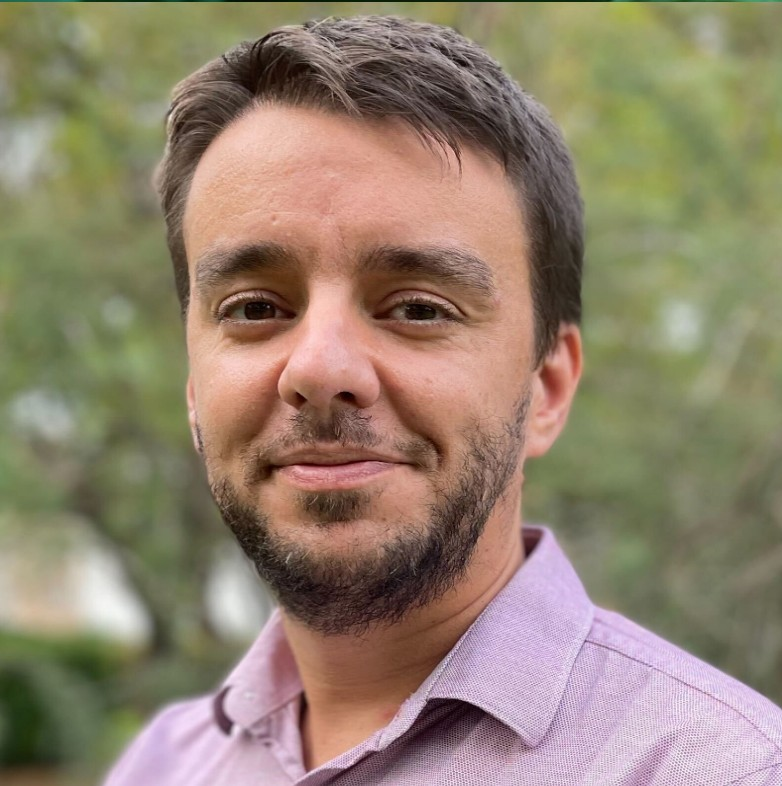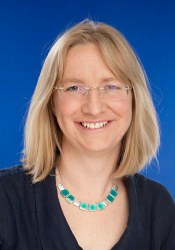Date: Wednesday 7 June 2023
Programme:
Welcome and introduction - Dr Senthil Senniappan (Liverpool, UK)- ESPE Connect Webinar Convenor
Evolving the delivery of paediatric endocrine healthcare through technology – Professor Paul Dimitri (Sheffield, UK)
Equitable artificial intelligence for patient empowerment and personalised endocrinology care – Dr Luis Fernández-Luque (Barcelona, Spain)
The future of continuous glucose monitoring in the Neonatal Intensive Care Unit - Dr Kathryn Beardsall (Cambridge, UK)
Panel Discussion and Q&A for all talks - All
Webinar Close - Dr Senthil Senniappan
Our Speakers
Professor Paul Dimitri

Professor Paul Dimitri is Vice President for Science and Research at the Royal College of Paediatrics and Child Health, and the National Institute for Health and Care Research (NIHR) Clinical Research Network National Children’s Specialty Lead in the UK. He works at Sheffield Children’s NHS Foundation Trust as Professor of Child Health, Consultant in Paediatric Endocrinology and Director of Research & Innovation. Paul is also the Director of the NIHR Children and Young People MedTech Cooperative (NIHR CYP MedTech) established to support the development and adoption of technology for children’s healthcare ensuring that children and young people receive the best and most advanced healthcare. He is currently leading on the development of the new 42,000 ft2 National Centre for Child Health Technology in Sheffield UK, bringing together industry, academics, healthcare professionals, children and young people, and their families to accelerate the development and deployment of technology to support children’s health nationally and internationally. One of Paul's future aims to is to develop a Pan-European and International Child Health Technology Network, by linking UK Child Health Technology Infrastructure with other international centres and networks.
Dr Luis Fernandez-Luque

Dr Luis Fernandez-Luque’s research focus has been on the adaptation of mobile and web technologies for personalized patient support. His scientific contributions in mobile health, which includes both mobile and wearable devices, are among the most cited and pioneering in the field, dating back to 2006. Dr Fernandez-Luque has made substantial contributions in the creation and validation of artificial intelligence applications based on mobile and wearable technologies, including technologies such as deep learning and health recommender systems. His career has focused on the crossroads between artificial intelligence and behavioral change. In addition, Dr Fernandez-Luque is a senior member of the IEEE Engineering in Medicine and Biology Society and Vice-President of the International Medical Informatics Association. He has over 100 publications cited in Google Scholar.
As Chief Scientific Officer at Adhera Health (Santa Cruz, CA, USA), Dr Fernandez-Luque oversees the implementation of the research roadmap for the Adhera® Precision Digital Companion software platform. This evidence-based software platform combines mobile technologies with artificial intelligence to provide personalized patient support designed to improve the physical and mental wellbeing of people living with chronic conditions and their family caregivers. Currently, his research involves multiple validations of the Adhera Health Digital Programs across multiple conditions including diabetes, growth hormone disorders and cancer among others.
Dr Kathy Beardsall

Kathryn Beardsall is an Associate Professor in the Department of Paediatrics at the University of Cambridge (UK). Her research interests relate to metabolic monitoring in neonatal intensive care, in particular continuous glucose monitoring (CGM). She was the first to demonstrate the potential use of CGM in neonatal intensive care and has since been PI for a number of clinical trials using real time CGM in NICU. This has included being the Chief Investigator for the REACT Trial (Real time Continuous Glucose monitoring in preterm infants) a European multi-centre RCT using continuous glucose monitoring in preterm infants. She has collaborations exploring the potential for closed loop glucose control in preterm infants and with colleagues in obstetrics investigating the impact of maternal glucose control on infant glucose dysregulation including the CONCEPTT newborn trial (mothers with type I diabetes) and DiGEST newborn study (mothers with type II diabetes). Other ongoing projects include studies exploring metabolic monitoring in babies following birth asphyxia and perinatal lipidomics in preterm infants.
She is an advocate for the development of innovative technologies for the specific needs of babies. Ongoing collaborations include developing wireless vital sign monitoring for NICU (NIHR grant) and exploring the potential for combining machine learning with non-contact image analyses to improve neonatal care. She is UKCRN Paediatric Specialty lead for the Eastern Region Clinical Research Network and is keen to keen to encourage cross disciplinary working.
